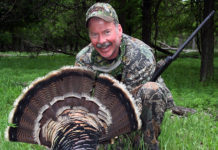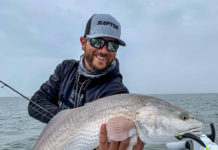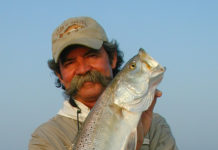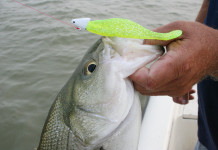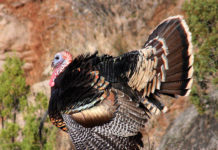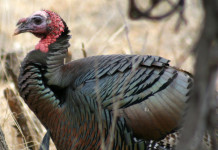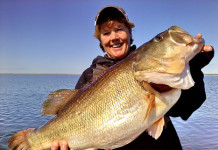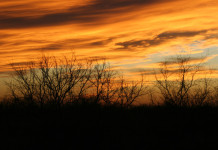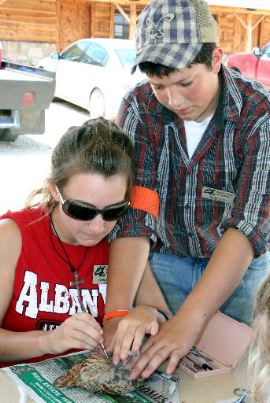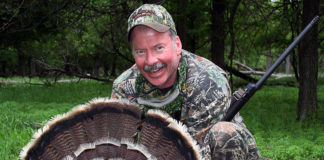KROOKED RIVER RANCH, SHACKELFORD COUNTY — “Tell me and I will forget, show me and I will remember, involve me and I will understand.”
With that motto in mind, the weary, ragged-out cadets stepped in unison along the dusty, sun-scorched road, barking out memorized cadences on cue. They had been ridden hard, possibly as much as they ever had, but they trudged on, not wanting to be called out for lack of effort.
After all, there was a full day left in their boot camp and plenty of know-how to soak up. More than that, there was the added incentive to live up to the effort of previous battalions. So the five cadets continued to their next stop, halting for a much-deserved swig of liquid and a quick rest. They had been inundated with information and forced to re-examine their outlook on numerous things for the past three days, all the while not getting the preferred amount of sack time.
Though the cadets of the 15th Battalion of the Rolling Plains Bobwhite Brigade camp weren’t going through basic training, they were being armed with the knowledge to make a difference when it comes to improving and protecting wildlife resources — specifically quail. On top of that, they were receiving a crash course on everything from dealing with the media and firearm safety to learning leadership techniques and honing speaking skills in the most innovative and successful youth wildlife program devised.
“You never get a second chance to make a first impression.” — Will Rogers
Dale Rollins, a Texas Cooperative Extension wildlife specialist, is the brains behind the Bobwhite Brigade. He undoubtedly has shown many youths a side of life they may never have been lucky enough to see.
Among his many teaching tools are “silver bullets,” little sayings meant to prove a point and provide a spark.
“Fifteen years ago I got the idea it was to help me out,” he said. “One day, when I was traveling from San Angelo, I had just talked to a Lions Club at lunch and I had to go to Childress to talk to some 4-H leaders, and somewhere between Aspermont and Guthrie I had a (bob)white-line epiphany about why couldn’t we get high school youth to give some of these awareness level conservation programs. And literally, the name Bobwhite Brigade came to me.
“Armed with that, I went back to San Angelo and called a group of friends and professionals and I said ‘hey let’s sit down and talk about this’ and we had the first camp the next year.
“I read somewhere that a hunch is creativity trying to tell you something, so I just followed my hunches.”
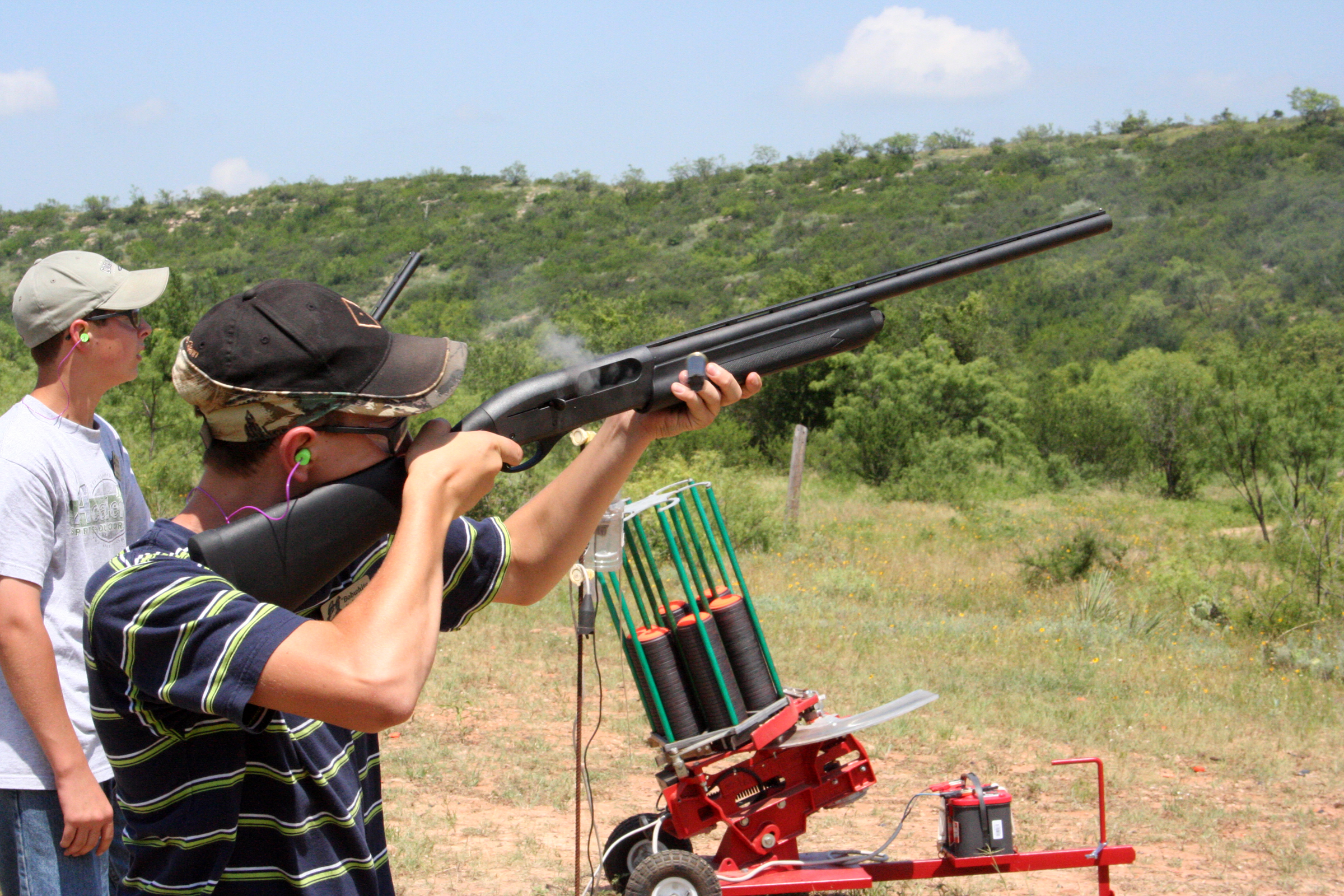
Rollins said youths in this day and age are set up to face more difficult challenges than those of even a generation ago. He said he gets a kick out of seeing youths who might have been introverted or seemingly carefree take an interest in the camp and issues placed before them and exit with more confidence.
“Why do it? One is to prepare leaders for tomorrow,” he said. “We often lament that the youth of this generation are going have a much tougher road to hoe than we did. The problems and issues they’re going to face are much more complex and they’re going to require greater networking and team-building than was required in the past.
“I figure out of 30 kids (at the camp), 15 we’ve made a measurable impact, five we’ve changed their life. We’re training future mayors, elected officials, hopefully a federal judge or somebody who someday will have a better understanding of wildlife conservation.”
Rollins said his famous silver bullets came as a result of his youth experiences and, like the cadets, he had his mentors.
“One of the mentors in my life was a man named Mr. Byrd,” he said. “He taught FFA at Hollis (Okla.) for years and in his classroom he had these little cheesy sayings all around the room. As I got older, I could repeat most of those 20 years after the fact, and since then have developed an appreciation for folks like Will Rogers and George Patton and those kinds of individuals.
“As the Brigades have evolved, the leadership that’s provided has been in part by historical figures and those became the silver bullets. Each cadet is assigned one and has to regurgitate it to us with gusto and explain what it means. That’s basically their first introduction to public speaking.”
“The history of every nation is eventually written by the way in which it cares for its soil.” — Franklin D. Roosevelt
On the wings of the Bobwhite Brigade, the Texas Brigades have grown to great success. Other state wildlife camps include the Buckskin Brigade (deer), Feathered Forces (turkey and quail) and Bass Brigade.
The Brigade camps are for youths age 13-17 and are held in different portions of the state during the summer. There is a $300 fee per cadet, but with plenty of sponsors and individuals willing to ante up to cover expenses, there’s no reason not to apply.
“The only place that success comes before work is the dictionary.” — Vince Lombardi
The Bobwhite Brigade schedule is regimented and can be downright grueling. Cadets spend time in a classroom setting each day, listening to wildlife experts talk about all things quail. Then there is time spent in the field and hands-on activities that rival anything a college wildlife department could put together. Cadets do everything from locating radio-collared quail and conducting habitat analyses to performing their own taxidermy and collecting bugs to learn about entomology.
“Never tell people how to do things; tell them what to do and they will surprise you with their ingenuity.” — George S. Patton
I had the opportunity to attend the Bobwhite Brigade camp at Krooked River in high school, and it truly was an eye-opening experience. The instructors and speakers are all at the top of their respective fields and the skills learned went far beyond simply learning about a bird.
The biggest reason the camp has been successful is its no-nonsense approach: there’s no idle time; cadets are treated like adults; everyone must work together.
The approach, coupled with the curriculum, makes the five days a life-changing event. It also explains why the program has been so successful and has helped recruit and enlighten the next generation in the cause of wildlife management and conservation issues.
Click here for more information on the Texas Brigades.


